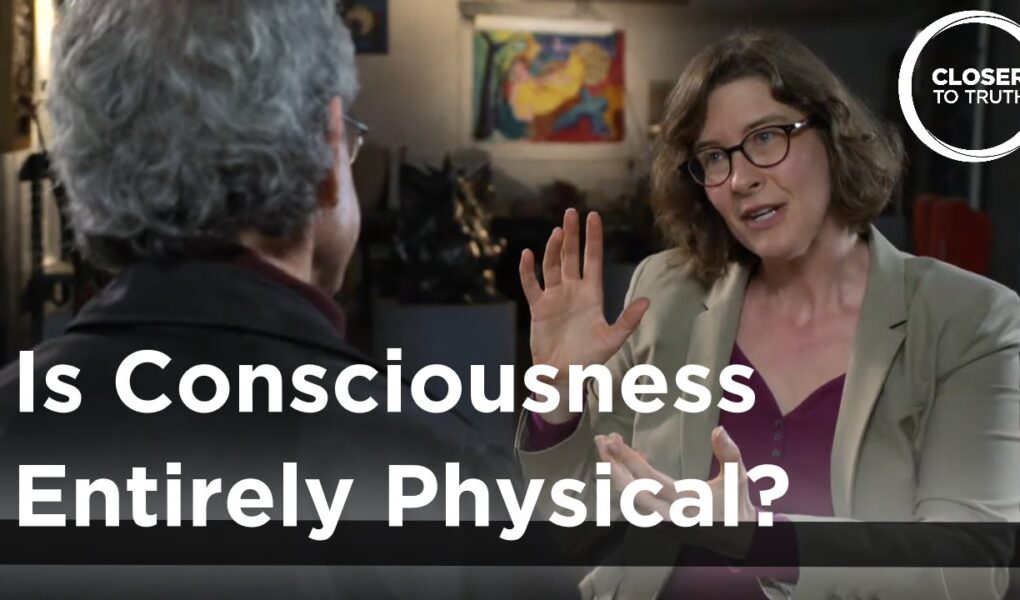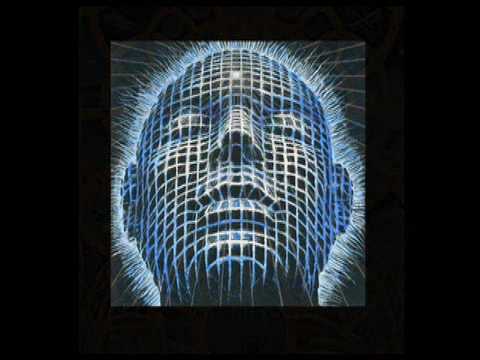Closer To Truth
Here’s the big question about consciousness, our inner experience of what things feel like. Is consciousness a product of the physical world alone? Because if consciousness is the output of the physical brain by itself, however complex, then consciousness as physicalism would defeat those who believe, or hope for, the existence of nonphysical realities.
Free access to Closer to Truth’s library of 5,000 videos: http://bit.ly/376lkKN
Watch more interviews on consciousness: https://bit.ly/2RsUqem
Julia Mossbridge, M.A., Ph.D. is a Visiting Scientist at the Institute of Noetic Sciences (IONS), the CEO and Research Director of Mossbridge Institute, LLC, and a Visiting Scholar in the Psychology Department at Northwestern University.
Register for free at CTT.com for subscriber-only exclusives: http://bit.ly/2GXmFsP
Closer to Truth, hosted by Robert Lawrence Kuhn and directed by Peter Getzels, presents the world’s greatest thinkers exploring humanity’s deepest questions. Discover fundamental issues of existence. Engage new and diverse ways of thinking. Appreciate intense debates. Share your own opinions. Seek your own answers.
Source




Omg that’s like saying other planets 🪐 don’t exist because we can’t see them with our naked eyes.
Very good
Kant and Hegel aren't the only philosophers who imagined there was an Earth you know. There are other philosophers. Not all of them were Idealists.
Did anything exist before the genus Homo?
Let's say we could create a very sophisticated machine that could objectively sense the existence and category of an object. This machine cannot judge. It cannot substantiate value. It can only detect existence and category. It has no ability to detect essence or meaning.
Take this machine and hook it up to a brain. The machine reports one word: "brain." The machine reports the existence of a brain. Does the machine have consciousness?
Personally I think there are a lot of idealists in the comments section. But what do I know? I'm conscious.
Of course it's fundamental in that we experience everything through it…that doesn't make it magic.
Consciousness allows us to perceive the world around us.
Consciousness allows us to connect with others. Consciousness allows us to create meaning in the world. Consciousness allows us to experience the world in new and different ways. Consciousness allows us to access our inner selves. Consciousness allows us to connect with the larger world.
Consciousness is a complex and mysterious phenomenon, but it is also one of the most precious gifts that we have.
Would the universe exist if YOUR consciousness wasn't created?
Her fallacy is that we can understand how physical material processes in the brain can produce consciousness, but you can never explain how consciousness can create matter out of nothing.
I find people like her maddeningly frustrating.
This is like watching a great rap battle where you love both rappers. Thank you for enshrining the mystery of our existence. Take that, materialists…
Define physical as interacting and manipulated by physical factors and consciousness is physical.
I think, therefore I am
Kuhn gets on my nerves, he's already made his mind up before the interview even begins
LOL- What a load of rubbish. Robert got her to admit that even if consciousness were proven to be purely material, she would still insist on her ontology- imo that says all you need to know. Well, that and the fact that she apparently believes in esp as well, why am I not surprised? LOL.
LOL. Just let him MANsplain it! wow. wtf?
she has good points but she expresses them badly. there are way clearer ways to express the ideas she has.
Julia is centuries ahead of her time! Neurophysiology needs to get rid of its fanatical empty materialism before it can truly understand consciousness.
Couldn't it be that consciousness uses the brain for its sensory experience . If consciousness is fundamental then the material make-up of reality is a construct. Our consciousness is looking at the material structure it creates to be able to see its self. he evolution of self / awareness.
I would disagree with the premise that the only thing we can truly know is what we experience directly. What we experience directly is a type of knowledge, but there are other types of knowledge, namely explanations that solve problems. For example, we understand the laws of physics well enough to fly rockets to space. Is Julia suggesting that we create physical reality with consciousness? In other words, that there is no objective reality, only subjective? I don't see why that would obviously be true. How can consciousness be primary if the universe existed before consciousness did? Or would Julia's argument imply that consciousness somehow came before the universe?